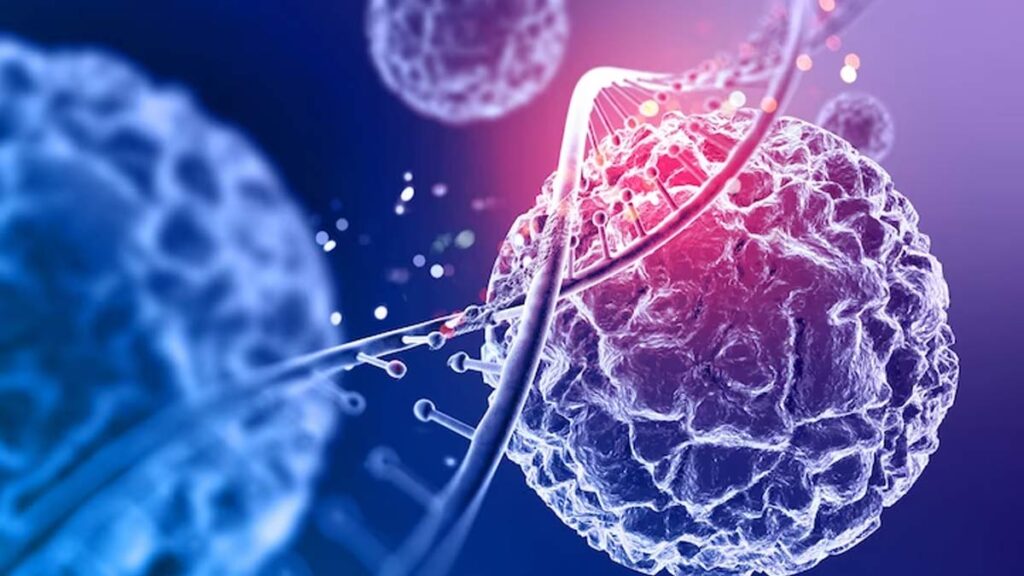When someone is diagnosed with cancer, one of the first questions that comes up is: “Which doctor do I need to see?” While cancer care often involves a team of experts, the central figure in most treatment journeys is the medical oncologist.
But who exactly is a medical oncologist? What do they do, and how are they different from other cancer doctors? This blog aims to answer those questions and help you better understand the vital role medical oncologists play in diagnosing, treating, and supporting patients with cancer.
Defining a Medical Oncologist
A medical oncologist is a doctor who specializes in treating cancer using medications rather than surgery or radiation. These medications include:
- Chemotherapy
- Targeted therapy
- Immunotherapy
- Hormonal therapy
- Supportive and palliative drugs
Medical oncologists often serve as the primary coordinator of care for cancer patients. They work closely with surgical oncologists (who perform operations) and radiation oncologists (who deliver radiotherapy) to create a comprehensive, personalized treatment plan.
What Does a Medical Oncologist Do?
Here’s what you can expect from a medical oncologist:
1. Diagnosis and Staging
They help confirm the type and stage of cancer through tests, imaging, and biopsy reports. Understanding the stage is essential to plan the right treatment strategy.
2. Treatment Planning
Based on the cancer type, location, stage, and the patient’s overall health, medical oncologists design a treatment plan that may include one or more medications. For example:
- Chemotherapy for killing rapidly dividing cancer cells.
- Targeted therapy that attacks specific cancer genes or proteins.
- Immunotherapy that boosts the body’s immune system to fight cancer.
3. Treatment Administration
They oversee the safe delivery of drugs, monitor side effects, and make adjustments as needed. Treatments can be delivered through intravenous infusions, oral pills, or injections.
4. Monitoring Progress
Medical oncologists regularly review blood tests, scans, and physical assessments to monitor how the cancer is responding to treatment.
5. Palliative and Supportive Care
In advanced or metastatic cancers, they provide medications to relieve symptoms like pain, fatigue, nausea, or difficulty breathing—focusing on improving the patient’s quality of life.
Why Are Medical Oncologists So Important in Cancer Care?
Cancer treatment has become more complex and personalized. Each type of cancer behaves differently and responds to different therapies. Medical oncologists are trained to stay up to date with the latest global advancements and apply them to individual patients.
In countries like Nepal, where awareness and access are still growing, medical oncologists also play a critical role in:
- Educating patients and families
- Providing second opinions
- Helping patients access financial assistance or clinical trials
- Supporting emotional and psychological well-being
- How Is a Medical Oncologist Trained?
- To become a medical oncologist, a doctor must go through:
- MBBS (Bachelor of Medicine and Surgery)
- Postgraduate specialization (MD or equivalent)
- Super-specialization or fellowship in Medical Oncology
Many experts, like Dr. Bijesh Raj Ghimire, also receive advanced training from international institutions and participate in global cancer societies like ASCO (American Society of Clinical Oncology) and ESMO (European Society for Medical Oncology).
When Should You See a Medical Oncologist?
- You should consult a medical oncologist if:
- You have been diagnosed with cancer
- You need a second opinion about treatment options
- You are undergoing chemotherapy, immunotherapy, or targeted therapy
- You are in remission but need regular follow-up care
Early consultation with a medical oncologist can help ensure faster diagnosis, better treatment outcomes, and a smoother journey through recovery.
Final Thoughts
A medical oncologist is not just a doctor who prescribes medicine—they are your guide, partner, and advocate throughout the cancer journey. Their role is central to cancer care, and their decisions can directly impact your survival, comfort, and quality of life.
If you or a loved one is facing cancer, don’t hesitate to seek guidance from a qualified medical oncologist. The right care, at the right time, from the right expert—can make all the difference.

